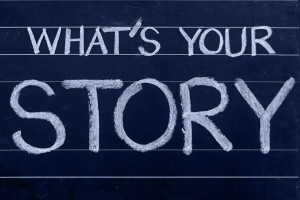 Guest Post
Guest Post
by Stephanie Norman
If you ask a sentimental woman who the perfect hero in fiction is, you’ll instantly hear the name Mr. Darcy. Most men, on the other hand, would choose Tyler Durden as the character who gets close to the perfect hero. These are two extreme choices, but they have something in common: they are imperfect. Mr. Darcy is really proud; he is a character who would annoy most women in reality. Durden is far from perfect, too. He is mysterious and weird, but incredibly charismatic at the same time.
There is only one conclusion we can draw when analyzing the most notable heroes from literary fiction: they are not a reflection of our idea of the ideal human being. Keeping that in mind, here are some important hints that tell you what readers want in their “perfect” fictional hero: Continue reading “What Does the Perfect Literary Hero Look Like?”

 The Sun Magazine publishes essays, interviews, fiction, and poetry. They tend to favor personal writing, but are also looking for provocative pieces on political and cultural issues. They rarely run anything longer than seven thousand words; there’s no minimum length.
The Sun Magazine publishes essays, interviews, fiction, and poetry. They tend to favor personal writing, but are also looking for provocative pieces on political and cultural issues. They rarely run anything longer than seven thousand words; there’s no minimum length. Most of us know that memory can be a slippery, elusive thing. Ask any small group to describe the same incident and each one will recall it differently.
Most of us know that memory can be a slippery, elusive thing. Ask any small group to describe the same incident and each one will recall it differently.